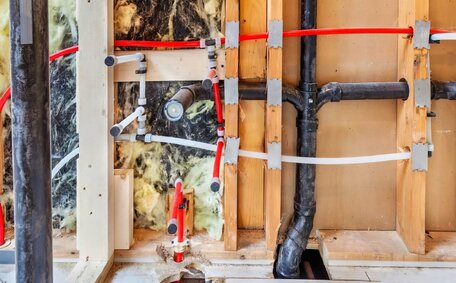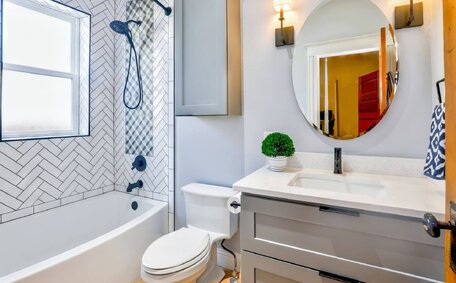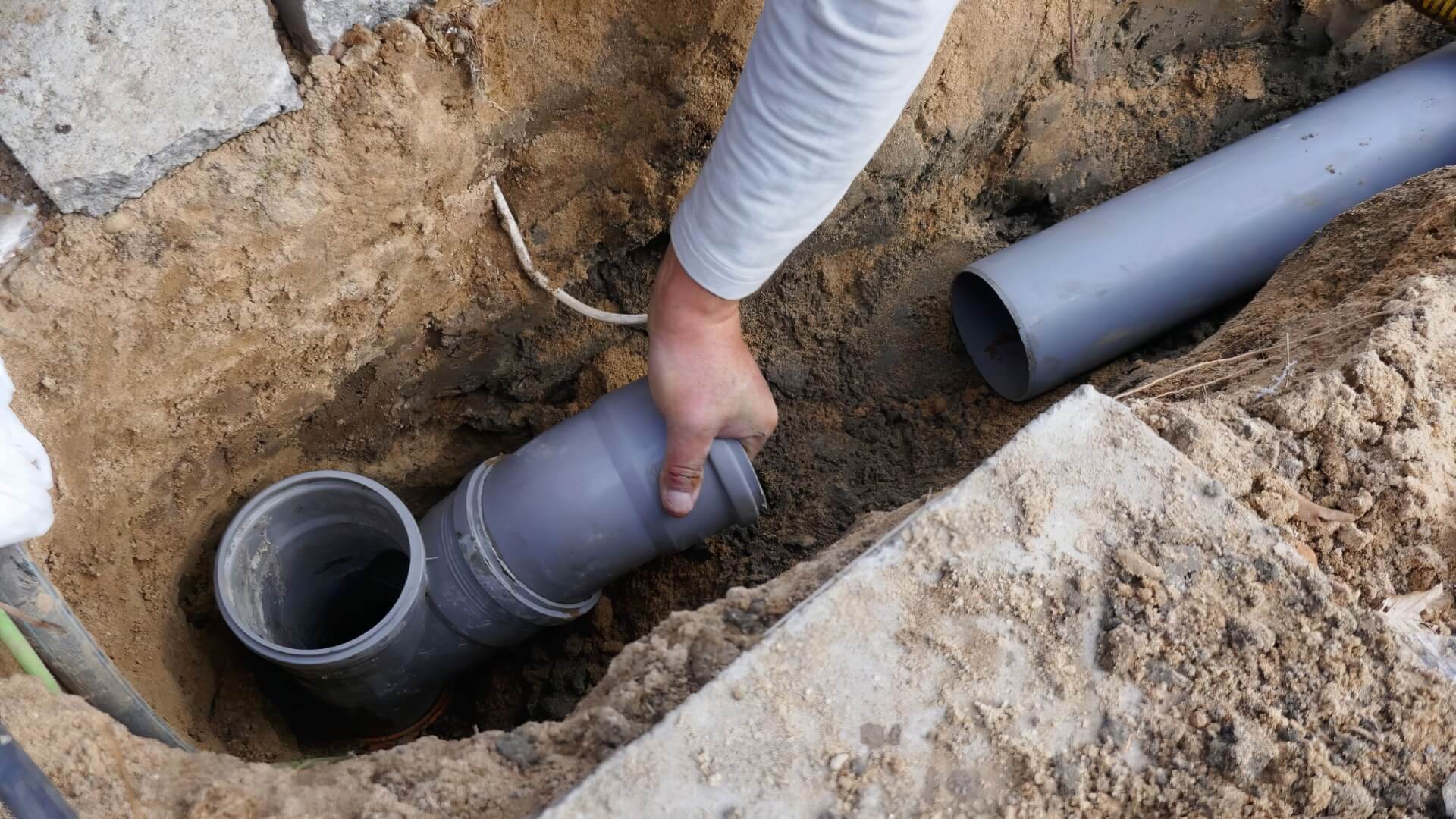Introduction to landlord responsibilities for gas safety
p>p>p>p>p>p>p>
Using licensed and certified gas fitters
It is crucial for landlords to use licenced and certified gas fitters to service and maintain gas appliances in rental properties. Under Australian gas safety laws and regulations, all gas work must be carried out by qualified professionals who hold appropriate licences.
Specifically, gas fitters must be gas safe registered, meaning they are listed on the Gas Safety Register. This national register ensures gas fitters are appropriately qualified, experienced and assessed to safely and legally work with gas.
Some key reasons landlords should use gas safe registered gas fitters include:
- They understand the latest gas safety standards and requirements.
- They can correctly service, maintain, repair and install gas appliances.
- They know how to properly inspect pipes, fixtures and flues.
- They can provide official gas safety and compliance certificates.
- They are fully insured and operate legally.
Attempting gas work without proper qualifications and licencing is extremely dangerous and illegal. Faulty gas services can cause gas leaks, explosions and carbon monoxide poisoning. Using registered gas fitters helps ensure the safety of tenants, landlords’ assets and avoids hefty fines.
Conducting regular gas safety checks
Landlords have a legal responsibility to ensure gas appliances in their rental properties are safe. This involves arranging annual gas safety checks by a registered gas fitter.
These yearly inspections are crucial to identify any issues with gas appliances before they become dangerous. Checks should review all gas pipes, flues, boilers and heaters for leaks, blockages, carbon monoxide risks and correct operation.
Regular maintenance helps ensure the safe use of gas appliances and compliance with gas safety regulations. It also provides tenants with peace of mind.
If issues are found, the gas fitter can make repairs or recommend replacing unsafe gas appliances. They will provide a gas safety record after each check.
By diligently arranging annual checks, landlords fulfil their duty of care for tenants’ safety. Gas inspections are mutually beneficial to avoid disastrous outcomes like fires, explosions and poisoning.
Providing tenants with gas safety certificates
Landlords have a legal obligation to provide tenants with an official gas safety record within 28 days of the annual gas inspection. This certificate confirms all gas appliances have been checked by a registered gas fitter and deemed safe.
These documents must be issued annually as proof of compliance. Tenants should keep copies for their personal records too. Providing safety certificates upholds tenant rights and reassures them of their safety.
If any gas appliances fail the safety inspection, landlords must ensure they are fixed or replaced before tenants move in. The property cannot legally be let until qualifications are met.
Landlords should establish clear processes to distribute certificates, such as in person, by registered post or via secure digital channels. Keeping accurate records also enables compliance monitoring.
Fulfilling duties around gas safety certificates demonstrates accountability. It is a clear way landlords can protect tenants’ wellbeing and avoid consequences of non-compliance.
Gas leak emergencies
Gas leaks are extremely hazardous emergencies that require urgent attention. If tenants smell gas or suspect a leak, they should immediately call 000 and evacuate the property.
Tenants should advise their landlord right away too. Never ignore a potential gas leak or try to find the source yourself.
Some signs of a gas leak include a strong gas smell, hissing sounds, visible appliance damage or pilot lights frequently blowing out. Headaches, dizziness and nausea can also indicate a leak of toxic carbon monoxide gas.
When evacuating, tenants should leave windows open, avoid using any electrical devices and not smoke or use naked flames. Gas leaks can lead to fires, explosions and poisoning.
Once reported, the gas supply company will despatch technicians to inspect and resolve the leak. Landlords must fast-track any repairs required.
Having working gas detectors, regular appliance servicing and quick reaction times are crucial for managing gas leak emergencies effectively. Safety is paramount when dealing with potentially life-threatening gas hazards.
Choosing, installing and maintaining gas appliances
When selecting gas appliances for rental properties, landlords must ensure they are tested, certified, and labelled to confirm they meet all required Australian Gas Standards. This provides assurance they are safe for tenants to use.
It’s advisable for landlords to choose reputable brands with warranties and opt for more energy efficient models. Newer appliances generally have more advanced safety features too.
A licenced gas fitter should install all gas appliances. They will ensure correct fittings, adequate ventilation, leak testing and compliance certificates. DIY installation risks gas leaks, fires and voids insurance claims.
Landlords must arrange yearly servicing by a registered gas fitter to inspect pipes, fixtures and appliances. Timely repairs prevent issues escalating. If an appliance is deemed defective beyond repair, the gas fitter can remove it safely.
General maintenance like dusting vents, replacing filters and clearing debris improves performance and longevity. However, tenants should not attempt any repairs or interference.
Adhering to manufacturer instructions for using and maintaining gas appliances reduces risks. Providing tenants with copies fosters shared responsibility.
By being vigilant about gas appliance selection, installation and maintenance, landlords create safer rental properties. Taking proactive steps prevents disasters like leaks, explosions and poisoning.
Tenant rights relating to gas safety
p>p>p>p>p>p>p>p>p>p>p>p>p>p>p>
Penalties for non-compliance
Gas safety resources for landlords
p>p>p>p>p>






